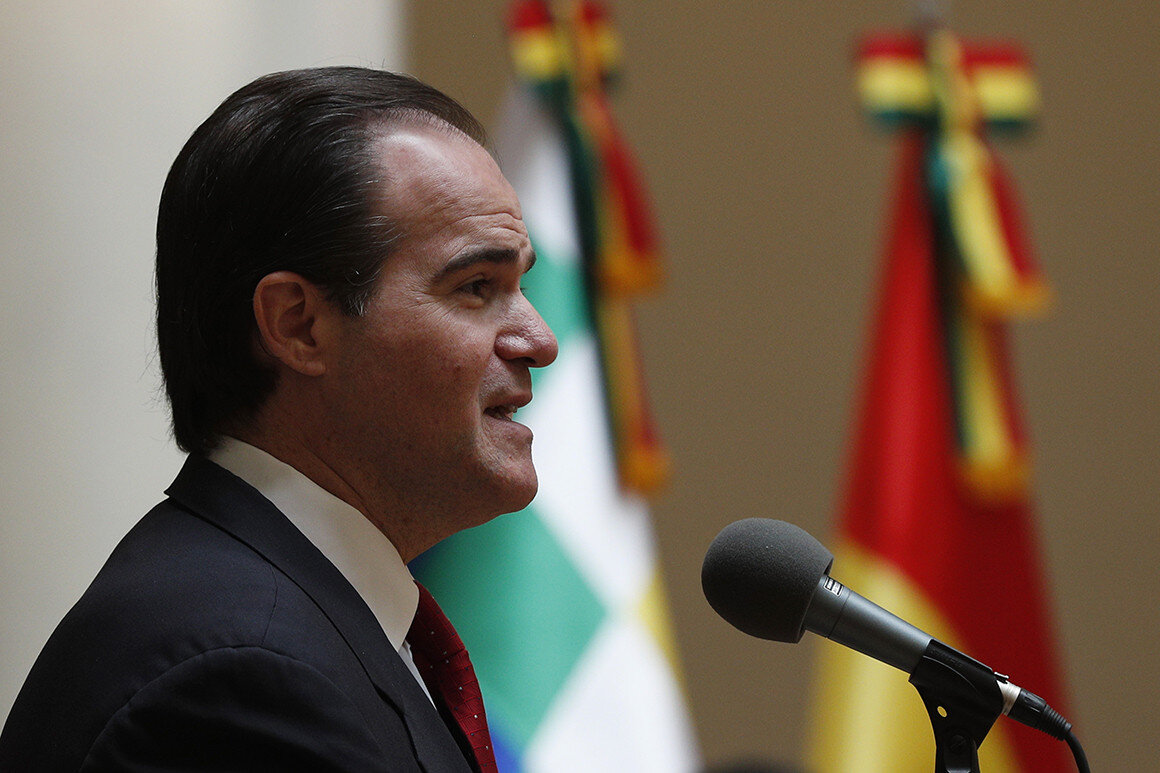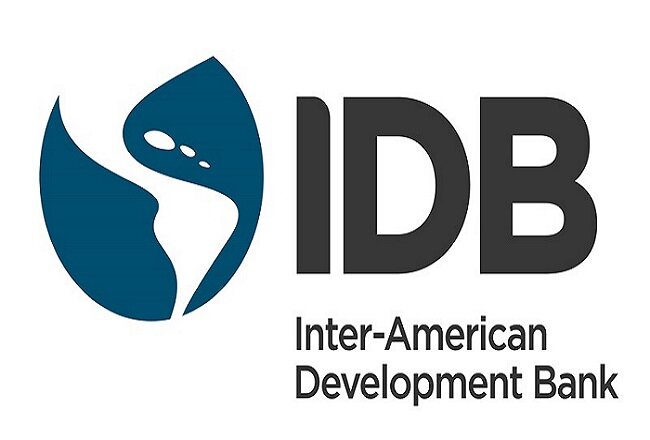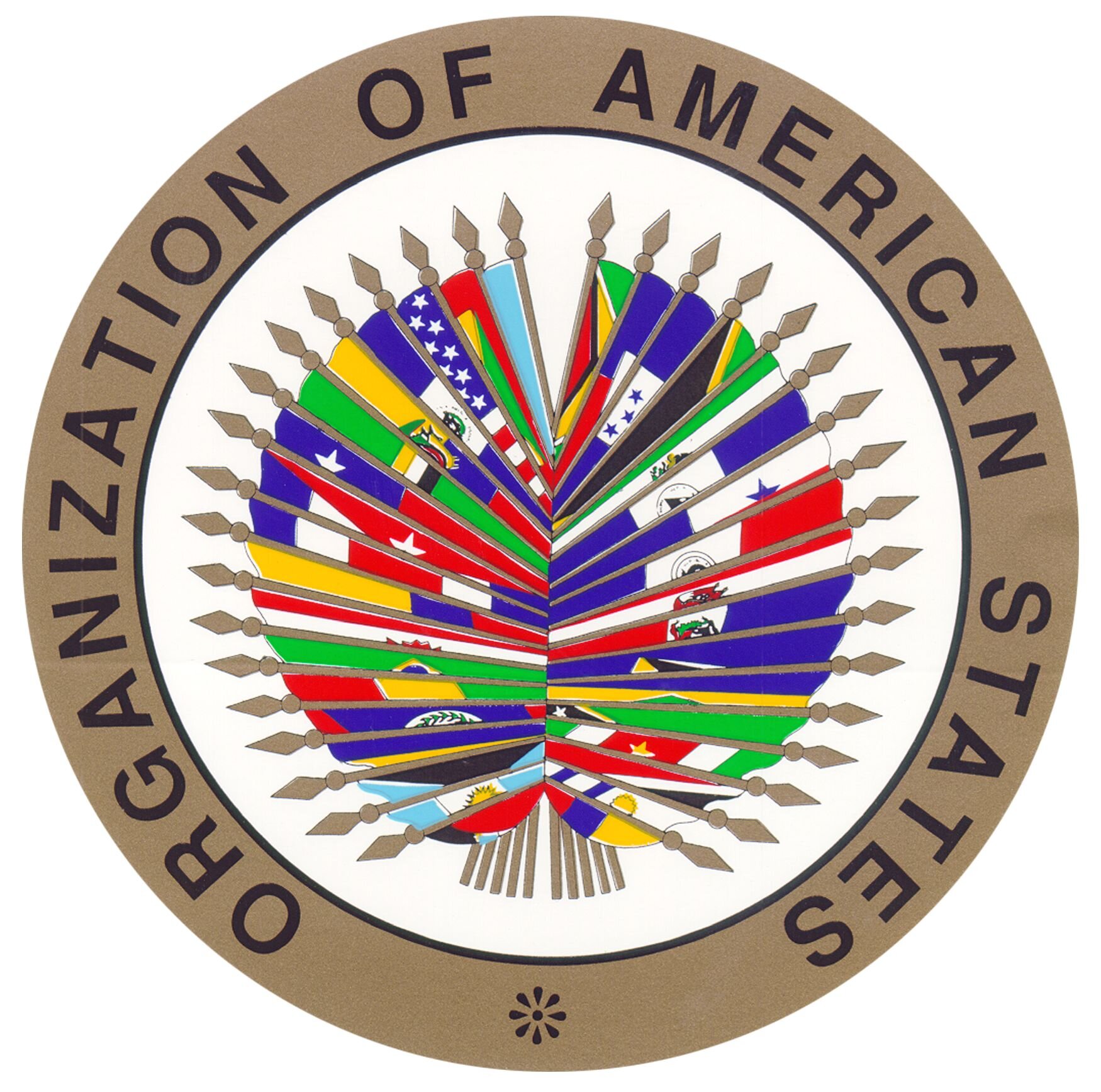New President Of Inter-American Development Bank Will Continue Focus Upon Cuba, Venezuela; And Work Closely With OAS
/With the appointment of forty-five year old Mr. Mauricio Claver-Carone to a five-year term as President of the forty-eight member Washington DC-based Inter-American Development Bank (IDB), the Republic of Cuba, Venezuela, and Nicaragua will continue to be a direct and indirect aggressive focus for Mr. Claver-Carone, as they have during his service in the Trump Administration. The IDB term begins on 1 October 2020.
Venezuela, Nicaragua, and China are member countries of the IDB; and each country has commercial, economic, and political relationships with the Republic of Cuba.
Regardless of the outcome of the United States election on 3 November 2020, Mr. Claver-Carone will serve a term which extends through the end of the four-year presidential term, so he and the IDB will have latitude to craft and implement policies where loan recipients vetting will include, officially or unofficially, whether projects provide any benefit to the Republic of Cuba, Venezuela and Nicaragua.
From The IDB: “The IDB is a multilateral development institution established in 1959. It is the largest government owned regional source of development finance for Latin America and the Caribbean. The IDB is owned by 48 countries, including 26 Latin American and Caribbean countries and 22 non-borrowing member countries.”
“The Inter-American Development Bank is a multilateral financial institution supporting Latin America and the Caribbean’s efforts to reduce poverty and inequality, and to bring about development in a sustainable, climate-friendly way. Established in 1959, it is the leading source of development financing for Latin America and the Caribbean, with a strong commitment to achieving measurable results.”
Mr. Claver-Carone will use the IDB platform to work closely with both leadership and individual members of the thirty-five (35) member Washington DC-based Organization of American States (OAS) to further constrict interaction with the Republic of Cuba, Venezuela, and Nicaragua where the interaction is perceived to provide or does provide support to the Miguel Diaz-Canel Administration in Havana, Nicolas Maduro Administration in Caracas, and Daniel Ortega Administration in Managua while promoting policies that penalize leadership in the countries.
From the OAS: “The Organization was established in order to achieve among its member states- as stipulated in Article 1 of the Charter- “an order of peace and justice, to promote their solidarity, to strengthen their collaboration, and to defend their sovereignty, their territorial integrity, and their independence.””
“Today, the OAS brings together all 35 independent states of the Americas and constitutes the main political, juridical, and social governmental forum in the Hemisphere. In addition, it has granted permanent observer status to 69 states, as well as to the European Union (EU). The Organization uses a four-pronged approach to effectively implement its essential purposes, based on its main pillars: democracy, human rights, security, and development.”
In 2020, seventy-two-year-old H.E. Luis Almagro was re-elected to a second and final five-year term as OAS General Secretary. So, both Messrs. Claver-Carone and Almagro will serve their terms through the 2024 United States presidential election, providing them with focus flexibility implemented irrespective of policies of The White House.
Inter-American Development Bank
Washington DC
12 September 2020
Mauricio J. Claver-Carone was elected President of the Inter-American Development Bank (IDB) today during an electronic meeting of the Bank’s Board of Governors. He will take office on October 1, 2020, for a five-year term. As President, he will oversee the operations of the IDB Group, which comprises the IDB, IDB Invest and IDB Lab. Claver-Carone will succeed current President Luis Alberto Moreno. The Board of Governors today also issued a resolution expressing gratitude to President Moreno for his service.
Claver-Carone is currently Deputy Assistant to the U.S. President and Senior Director for Western Hemisphere Affairs at the U.S. National Security Council. He previously served as U.S. Representative to the International Monetary Fund and as Senior Advisor to the Under Secretary for International Affairs at the U.S. Department of the Treasury. He earned his Bachelor of Arts degree from Rollins College, Juris Doctor from The Catholic University of America and Master of Laws in International and Comparative Law from Georgetown University Law Center.
To be elected President, a candidate must receive a majority of the total voting power of the IDB’s member countries as well as the support of at least 15 of the 28 regional member countries (26 borrowing member countries, plus Canada and the United States). The IDB has a total of 48 member countries, with Headquarters in Washington, D.C., and offices in all borrowing countries as well as in Europe and Asia.
The Board of Governors is the Bank’s highest authority. Each member country appoints a Governor, whose voting power is proportional to the capital in the Bank subscribed by his or her country. Governors are typically finance ministers, central bank presidents, or other high-ranking officials. The Board of Governors holds annual meetings to review Bank operations and make key policy decisions. It also occasionally holds special meetings, including to elect a President.
Mauricio J. Claver-Carone will be the IDB’s fifth President. He follows Luis Alberto Moreno (2005-2020); Enrique V. Iglesias (1988-2005); Antonio Ortiz Mena (1971-1988); and Felipe Herrera (1960-1971).
United States Department of State
Washington DC
12 September 2020
Election of Mauricio Claver-Carone as President of the Inter-American Development Bank
Michael R. Pompeo, Secretary of State: On behalf of the United States, I congratulate Mauricio Claver-Carone on his election as President of the Inter-American Development Bank (IDB). In his role at the National Security Council, Mr. Claver-Carone has been a visionary leader in advancing prosperity in the Western Hemisphere and a strong advocate for the democratic institutions and security cooperation that underpin economic growth and development. In partnership with other countries in the region, the United States looks forward to working closely with him during his tenure as president of this essential organization as it revitalizes economies throughout Latin America and the Caribbean.
The White House
Washington DC
12 September 2020
Statement from National Security Advisor Robert C. O’Brien
Congratulations to Mauricio Claver-Carone on his election to lead the Inter-American Development Bank (IDB). His nomination represented a historic commitment by the United States to help our neighbors in Latin America and the Caribbean recover from the coronavirus pandemic and return to the path of economic growth. The strong backing of shareholders today is a testament to the confidence the region has in Mauricio’s commitment to reenergize the IDB as a critical hemispheric institution, and in his strategic vision for accelerating best-in-class private investment in the region.
Mauricio is the embodiment of the energetic and innovative financial leaders who will take the IDB to the next level. He has committed to creating the most inclusive leadership team in IDB history to better represent all members of the bank, both small and large. In further evidence of his broad support, Mauricio was not only nominated by the United States to lead the IDB, but was co-nominated by Guyana, Haiti, El Salvador, Paraguay, and Israel.
Mauricio has served with distinction as Deputy Assistant to the President and Senior Director for Western Hemisphere Affairs for the National Security Council. In this role, he has provided strong counsel regarding Canada, Latin America, and the Caribbean to President Donald J. Trump and myself. He also served as the United States Representative to the International Monetary Fund and as a senior advisor to the Treasury. His leadership on the América Crece (“Growth in the Americas”) initiative, the Back to the Americas program, and the Western Hemisphere Strategic Framework demonstrate his commitment to the region’s economic growth and development.
We look forward to working with Mauricio Claver-Carone, the IDB, and Latin America and the Caribbean over the coming years to fully realize our hemisphere of freedom.





























